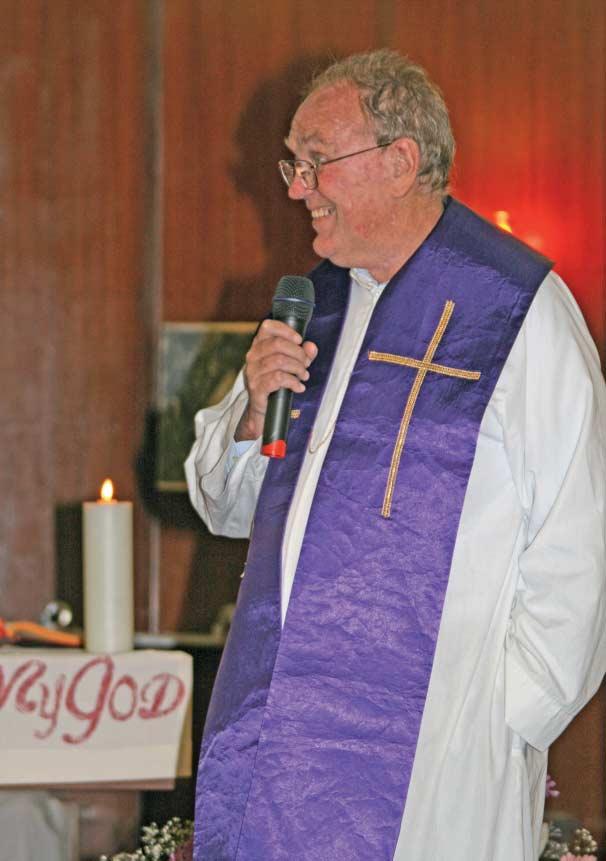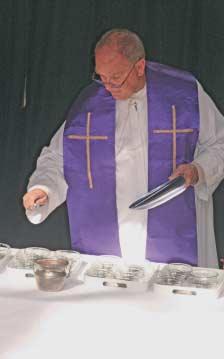
2 minute read
Faith Education
Religious Education may at times create questions surrounding the transmission of belief and practices of the Catholic faith. The foundation of a religion depends primarily upon how successful one generation is in passing on its beliefs, values, rituals Mr Gerard Theseira Director of Faith Formation and practices to its young, it is an inter-generational transfer of religious traditions. In contemporary times, western society poses many challenges to the transfer of traditional beliefs and values. This is evident in the apparent drift away from conventional religious belief as young people mature. The transmission of these traditional beliefs, rituals and practices is a complex intangible process, however, one indicator is the family background of the young person. Children who display indications of religious belief, ritual and practice at an early age are more likely to maintain this pattern in adult life. In the last ten years the teaching of Religious Education has adapted and changed in response to these challenges. Religious Education in Catholic schools has been viewed as the traditional mission of the Church. Its purpose and nature were drawn from the Catholic faith community and therefore was an education in faith. The objective was to increase the knowledge, understanding and practice of the Catholic faith tradition, with the ultimate desire to promote faith development. There are two elements of an education in faith. These are catechesis and evangelisation. The catechesis process is to help a student to grow in faith within a community of believers. This is a significant and relevant goal within the context of a Catholic school, where students are given the opportunity to make a fundamental choice to Christ and the Church. The other element of an education in faith is evangelisation. Evangelisation is the announcement of the Good News, Jesus. It is also important we acknowledge that the enfaithing, evangelisation and missioning of a student is broader than the Religious Education classroom. Essentially it belongs to the whole school community in conjunction with parents and parishes. The Archdiocesan student resource ‘Come Follow Me’ is implemented to inform students of a variety of rituals, teachings and practices Catholics understand, believe and value. The nature of this resource provides a high level of flexibility in devising courses which are best suited to the needs and interests of the students. Trinity College has been able to design a curriculum program which keeps Catholic Christianity at the centre of their teaching. Religious Education is grounded upon good educational practice. Good educational practice should be part of all Religious Education programs because then, and only then, will the aims of a Catholic College like Trinity, be achieved.

2008 has been an innovative and creative year. Progress has been made in the development of the new course of study, Religion and Life, for Year 11 in 2009. Mr Ken O’Neil returned to Trinity to the role of Youth Ministry and Mr Renato Bonasera has added a wealth of experience to the Religious Education Learning Area. We also grieve the death of Father Michael McMahon and bid a fond farewell to Ms Colleen Wheeler who has been at Trinity for five years. Ms Wheeler is returning to La Salle College to take the role of Assistant Learning Area Coordinator in English.
Mr Gerard Theseria
Director of Faith Formation
Faith Education










